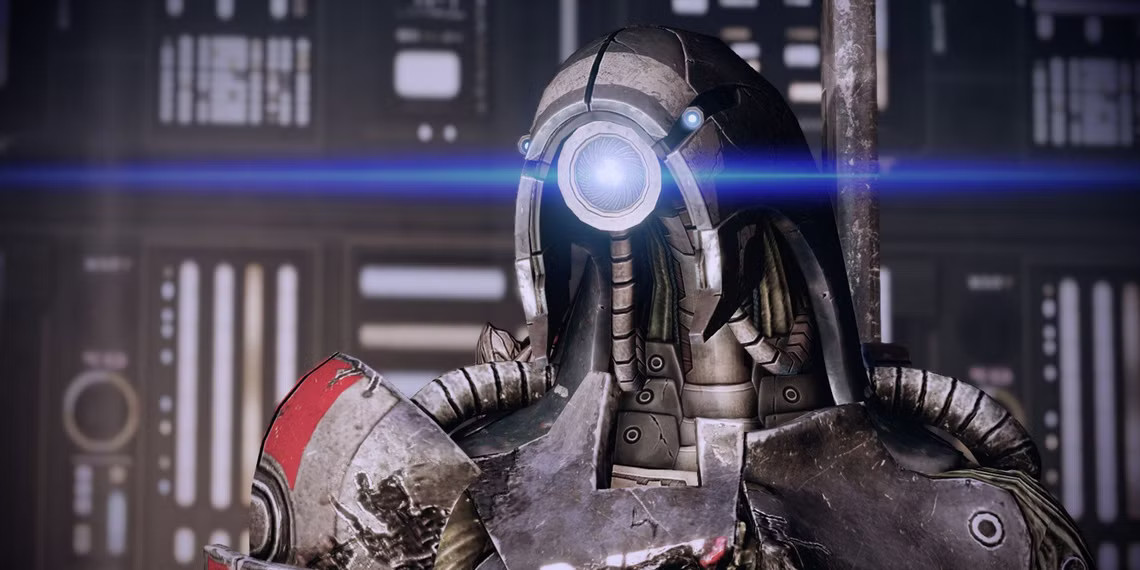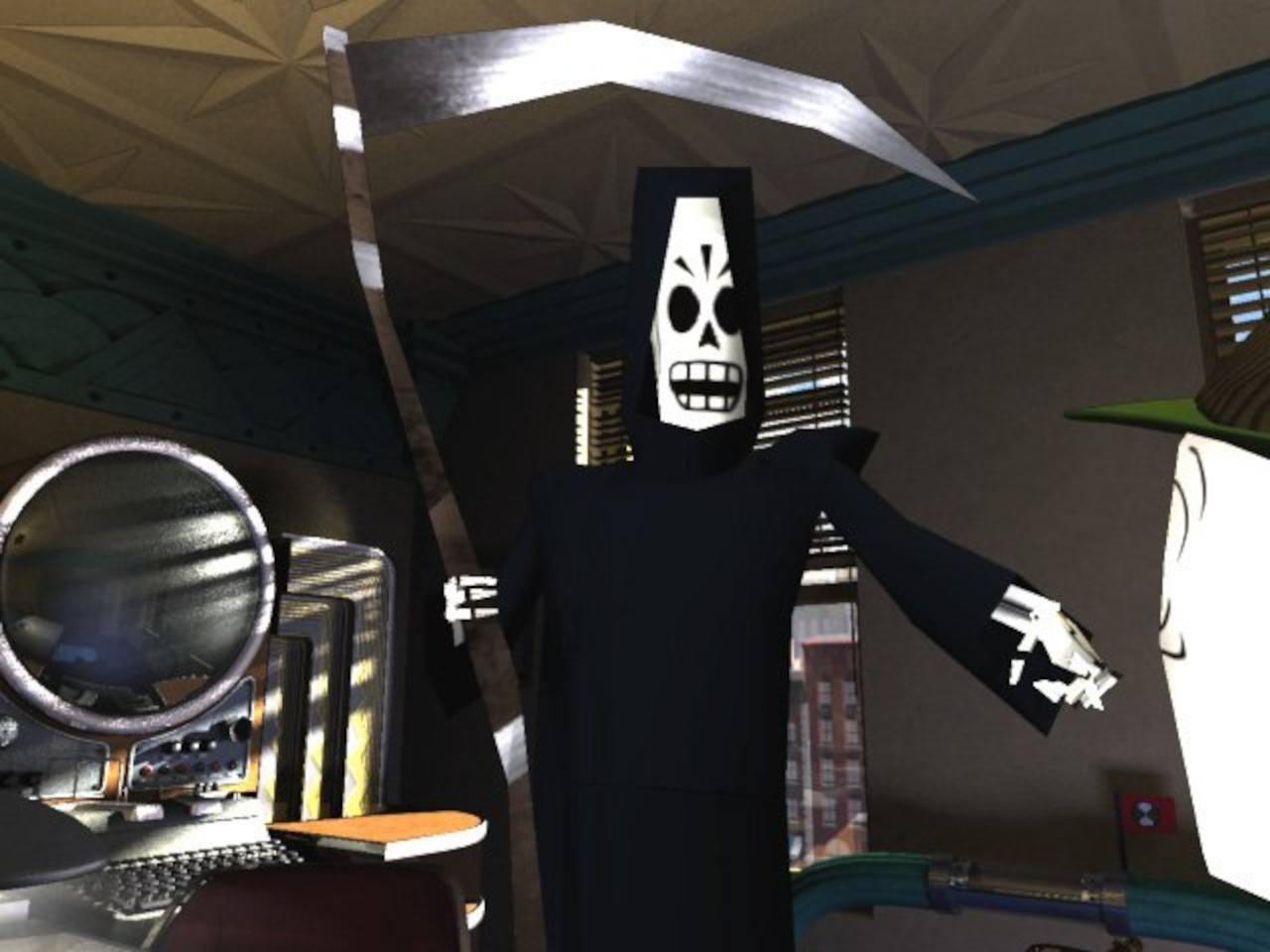I’ve been trying to avoid political content lately, but I’ve been roped back in as Gone Home was announced as the latest Humble Bundle giveaway. This is a game I have a particular disdain for. Not because of its LGBT narrative, but how it was misrepresented as something it wasn’t. Arguably for purely political reasons.
Now, Gone Home is one of those so called “walking simulators”. These games became somewhat popular with indie developers through the middle of the decade. They’re essentially visual novels that tell a story as the player wanders through and interacts with objects in the environment. They gained a reputation for being frightfully dull for a good reason. Unlike a movie or even most other visual novels, there are typically no other people in the game besides the player character. It’s like entering an empty house after a party, and then trying to piece together what happened the night before by examining random trash, listening to voice mail messages, and reading bathroom graffiti. Needless to say, their popularity was short lived.
Perhaps the biggest problem with many of these games is they attempted to portray themselves as point-and-click adventures, which they clearly were not. They’d tease you with the occasional puzzle, which were almost always optional and had no barring on the overall narrative. They also had a nasty habit of trying to build up mysteries which ultimately turn out to be huge letdowns.
Gone Home is a game that contains all of these elements. If it were allowed to stand on its own, it would probably have gotten middling review scores and faded into obscurity rather quickly. Much like most other games in its genre. It’s not even that impressive from a graphical standpoint, looking like a Telltale title from 2006.
Yet this game got a lot of press attention. A rather obscene amount. Many professional critics were trying to portray it as one of the best games of 2013. Keep in mind that GTA V, The Last of Us, Bioshock Infinite, and Super Mario 3D Land all came out that year. I have never seen that kind of rabid praise levied on an indie game before or since.
At the time, I still trusted the mainstream games media, so I decided to purchase it, at full price, to see what all the fuss was about. After all, it was presented as a horror/mystery themed adventure game soaked in 90s nostalgia. Just what I was looking for. In reality it was trying to push an LGBT narrative that wasn’t even all that relevant at the time. Remember this was after Mass Effect had introduced same sex romances. So it was not uncharted or even niche territory for video games.
The basic narrative involves you coming home from college to a dark and empty house. The game takes place during a thunderstorm, using this classic trope to set Gone Home up as a horror/mystery. It leads you to believe that some nefarious deeds are afoot and your family has fallen prey to foul play. Then it pulls the ol’ switcharoo.
As you explore the rooms and unravel the story, you learn your punk rock sister has discovered she is a lesbian, and has started a relationship with a rather butch girl at school. Your Christian (those dastardly Christians again) parents disapprove of the relationship and are trying to break the two up. They’re also trying to get your sis into conversion therapy. Your sister has run away due to the growing tension at home, and your parents are out looking for her. That’s it, that’s the big reveal. The game just ends there.

You’re supposed to feel sympathy for what the LGBT community must have felt like coming out of the closet in Nineteen-Ninety-Whatever, and pride for your sis taking control of her life. But in actuality, it’s kind of like being told your going to Disneyland only to arrive at the dentist. It’s a classic bait-and-switch that leaves the player feeling deceived.
I don’t really blame the developers here. I don’t think they went out with the intention of making this into some sort of phenomenon, or to make an in-your-face political statement. It feels like a very personal story to me. It only really blew up when the games media decided to latch onto it.
Journalists and critics alike portrayed Gone Home as something it clearly was not, in order to trick people into buying in. Articles at the time heaped praise on its gameplay and mystery narrative, as well as its accurate depiction of 90s pop culture. They sure fooled me. This was my first real WTF moment with the gaming press. It’s not like there hadn’t been shenanigans before, but those were mostly limited to the usual access and payola sort of issues. This was new territory. I could not understand why this game had been misrepresented to the degree it was.
Now we know. The mainstream games media has become very active in advocating identity politics and a social justice agenda. Something which is infecting the entire industry, often to the chagrin of many gamers of various skin colours and dangly bits. It’s a seemingly endless toxic plague spewing from the likes of bloggers at sites that begin with Ks and Ps.
There had been hints of it prior but this is where it started to get blatantly obvious. Bare in mind this went down a year before GamerGate broke, which was the first major pushback against unethical media practises. At least before the media successfully spun it into a sexism issue.
It doesn’t seem like the ham fisted political push is slowing down either. Especially as the American 2020 election approaches. The one silver lining is people aren’t fooled anymore, and media outlets are now seeing declining revenues and layoffs as a result. But Gone Home is where it all started.





